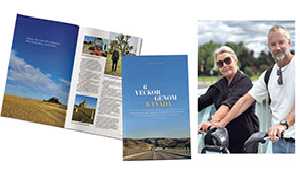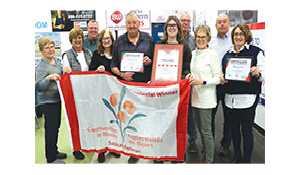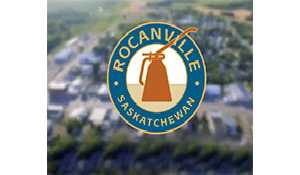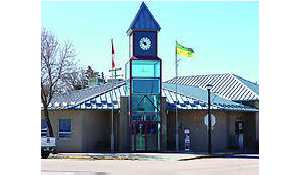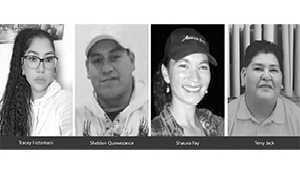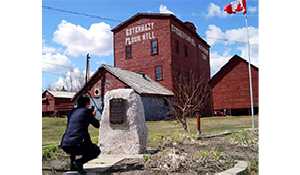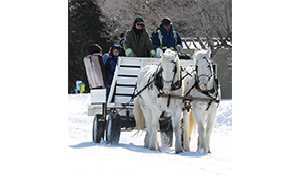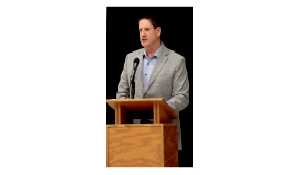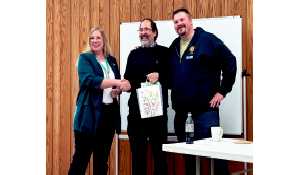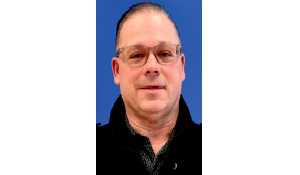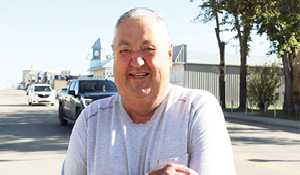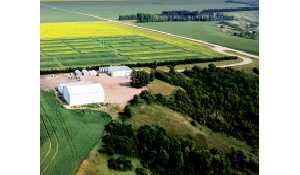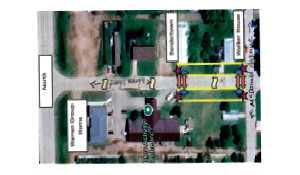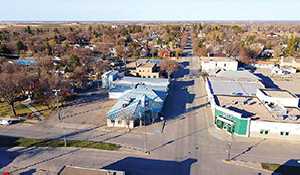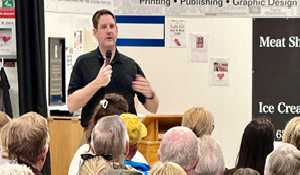Buffalo Party leader responds to rural issues
October 20, 2020, 9:24 am
Brian Zinchuk, Local Journalism Initiative reporter
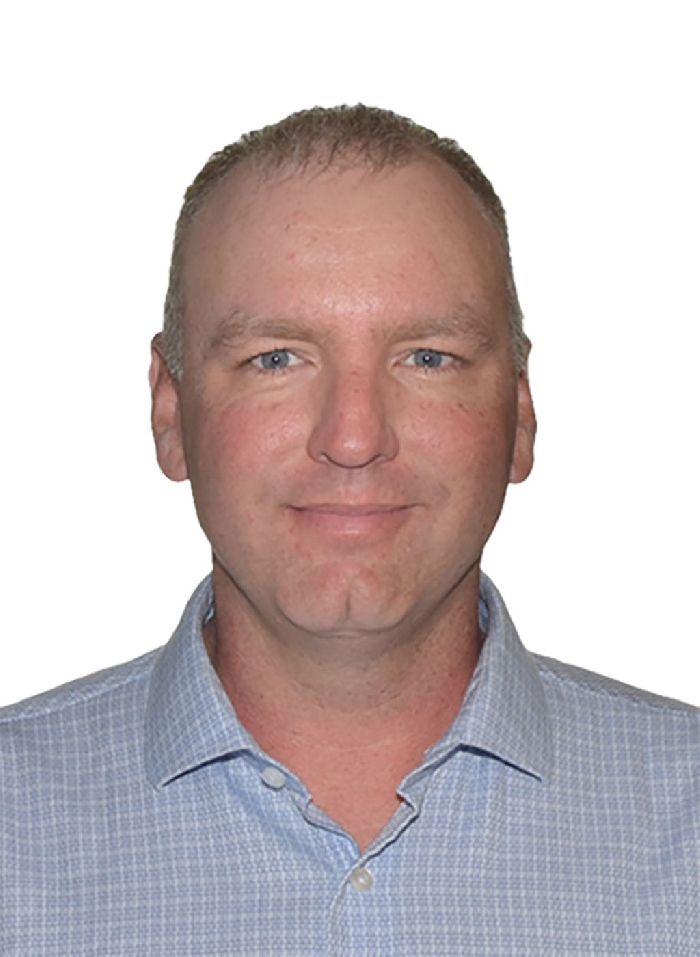

Leader of the new Buffalo Party of Saskatchewan, Wade Sira, wants to see municipalities not pay provincial sales tax, so they have more money to spend on infrastructure. That’s one of the responses the new leader had to a series of questions on rural issues in this election.
Between Oct. 16 and Oct 19, all six party leaders were asked the same set of five questions focusing on issues facing rural Saskatchewan. Sira responded by phone from Martinsville on Oct. 16.
Municipal Infrastructure
Asked about the infrastructure deficit facing rural municipalities and towns, given depopulation is a continuing trend, Sira said, “The Buffalo Party’s stance, first and foremost, is to remove the PST on rural municipalities. It’s not fair for one form of government in this province to tax another form of government. It’s not the way to build a tax coffer. It’s doubling, tripling tax on the citizens of this province, especially in rural Saskatchewan. It happens in the cities, too.
“Secondly, as Buffalo, we want to bring in more investment into rural Saskatchewan. What we want to see is the value-added market onto our raw minerals that we keep producing in this province,” he said. He wants to see processing plants for buffalo, deer, elk, small ruminants, durum and mustard, to entice industry and individual investment.
Sira said, “Once you have more industry, you've got more tax dollars coming in, more tax dollars in the municipalities means more money for them to be able to do the infrastructure.”
Keeping agriculture a priority
With the continuing trend toward fewer rural residents, what will the Buffalo Party do, if elected, to ensure agriculture remains a priority for the government? Sira responded, “A big issue we have is that young farmers who want to get involved, independent young farmers, not just going into the family farm, but those who want to start something of their own and build on their own, they can't afford to do it. Most financial institutions demand a section or maybe even two sections to buy something. To buy an auger, they want you to put up a quarter section – to buy an auger! And some of these things don’t make sense.”
The Buffalo Party would have a young farmers program brought back into Saskatchewan, similar to what exists in Manitoba for canola producers, he said. The program would help small starting up farmers to buy a section or section and a half.
Sira added that they want to see Saskatchewan control taxation, just like in Quebec. “Capital gains tax can be in the hands of the province and not the federal government. And with capital gains, we would like to see on rural farms, is that if you sell local sell within Saskatchewan to a local farmer or rancher in Saskatchewan, that is going to buy here, a young farmer, that you would not pay capital gains. Instead of selling to a foreign entity to get the bigger dollar amount, you're selling for a lower price because you're not paying capital gains on that anymore.”
Sira doesn’t think capital gains taxes are fair, just because you made something of yourself.
Bolstering rural healthcare
With regards to keeping rural emergency rooms open and having sufficient doctors in rural facilities, like Preeceville, Sira said taxes should be reduced for doctors and nurses to entice them to stay in rural Saskatchewan. They should also have private medical clinics in rural Saskatchewan. He said, “The doctors and nurses could say, ‘Hey you know what? I'm willing to invest here because I can start building something of my own out here.’”
He noted that in rural Saskatchewan, places like Kindersley aren’t allowed to deliver babies because they don’t have enough doctors. Sira said, “In Kindersley, they can't deliver babies because they don't have six doctors. Why do we need six doctors to deliver babies in rural Saskatchewan? It doesn't make sense.”
“The closure of rural Saskatchewan (emergency rooms), just because of COVID, that never made sense in the first place. We still can't get a formal answer from the government why they actually did it. They just said, ‘Oh it was our mistake, no worries about that.’
“Well, that’s not right. Just because COVID came in, doesn’t mean there isn’t other emergencies and other issues that people still need to go to doctors for,” Sira said.
Rural connectivity
With internet access still painfully slow in for substantial portions of rural Saskatchewan, amplified by the need of children to do school work from home during the pandemic, how would they improve rural connectivity? Sira said, “We see that as a big issue. I've dealt with it to myself, born and raised in rural Saskatchewan and driving all over the province. And it doesn't really make sense that only the urban centers have 4G coming on to 5G, potentially there’s even talk of 6G coming in, and rural Saskatchewan barely gets 1G; still dial up in some areas. We need to re-evaluate the control of SaskTel over the province and across the whole province. Because the current system isn't working for everyone. So Buffalo would like to see at least a conversation coming forward of other entities maybe coming in and supplying where the Crown's lack in their availability to be able to provide that service.”
Sira said that Crown corporations “need to be our competitive advantage, and they need to be advantageous for all of Saskatchewan, not just one or two areas.”
Improving rural environment and water quality
Sira said proper landfills, like at Hanley, or the use of incinerators, like a Piapot, can help control water pollution, and reduce landfill leachate. He said these should be used as examples across the province.
“We have a problem with water quality, and whether it's on reserves, or if it's in rural Saskatchewan. That is a huge discussion to have. How do we fix it? How do we find the money, across the province, to bring in proper water quality?” he said.
“That’s actually a tough one. I'll be honest with you, that is a very tough conversation to have because it costs a ton of money, but people deserve the right to have fresh water at their taps.”
